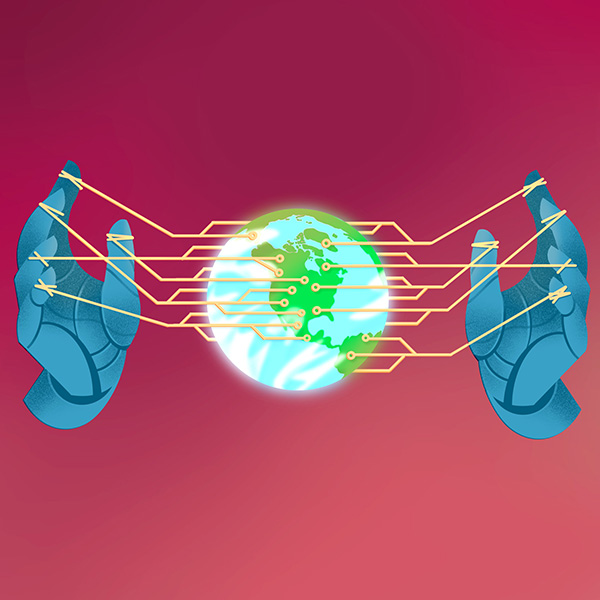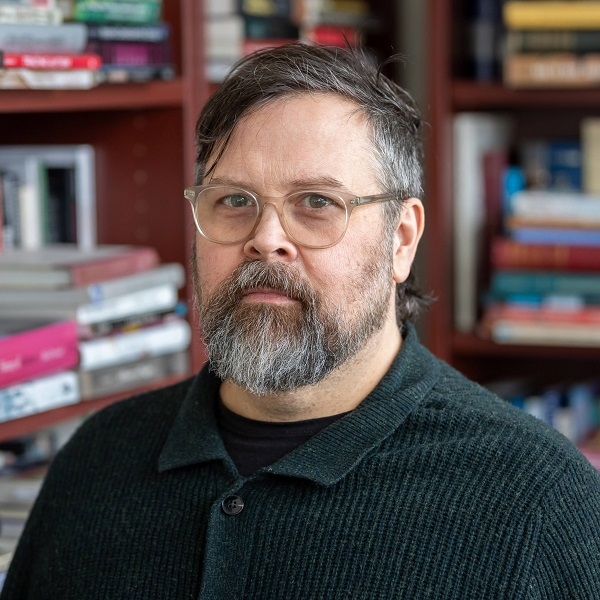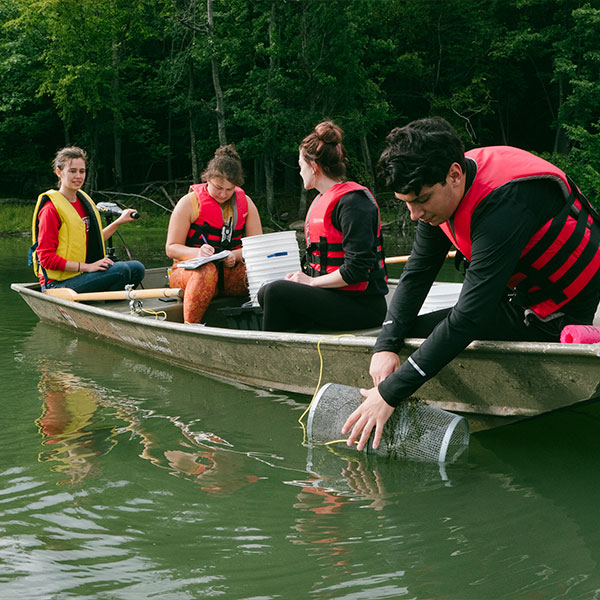McGill medical students are taking their problem-solving skills and noble ideas beyond the Roddick Gates to try to help Montreal’s most vulnerable residents.
The Community Health and Social Medicine Incubator (CHASM) spearheaded by McGill medical students, provides funding and guidance for community healthcare projects led by fellow students.
“The impetus essentially was that we noticed that historically marginalized populations had disproportionate health outcomes and health inequities compared to the average population,” says Kacper Niburski, a second-year med student who is one of CHASM’s directors.
Launched in 2017, CHASM has received financial support from several sources, including initial funding from McGill’s Global Health Programs. The Medicine Class of ’98 has chosen CHASM for its class gift.
CHASM has funded three student projects to date: one provides feminine hygiene products for homeless women in Montreal; another launched a mentorship program to expose black youth to careers in healthcare; the third aims to boost access to HPV vaccination and screening among vulnerable populations. CHASM plans to fund three new projects this school year and students from any faculty at McGill can apply.
CHASM draws on the startup incubator model: it offers $1,000 in seed funding and a curriculum of four workshops and four lectures. Students learn how to scale their projects and make them sustainable. Many McGill professors act as mentors and CHASM partners each team with an epidemiologist to help them measure the impact of their initiatives.
Service-based and community experiential learning are at the heart of CHASM, according to Niburski. The student projects concentrate on prevention for improving health outcomes.
“It’s focussing on upstream initiatives and interventions that would hopefully have the most maximum effect,” Niburski says.


